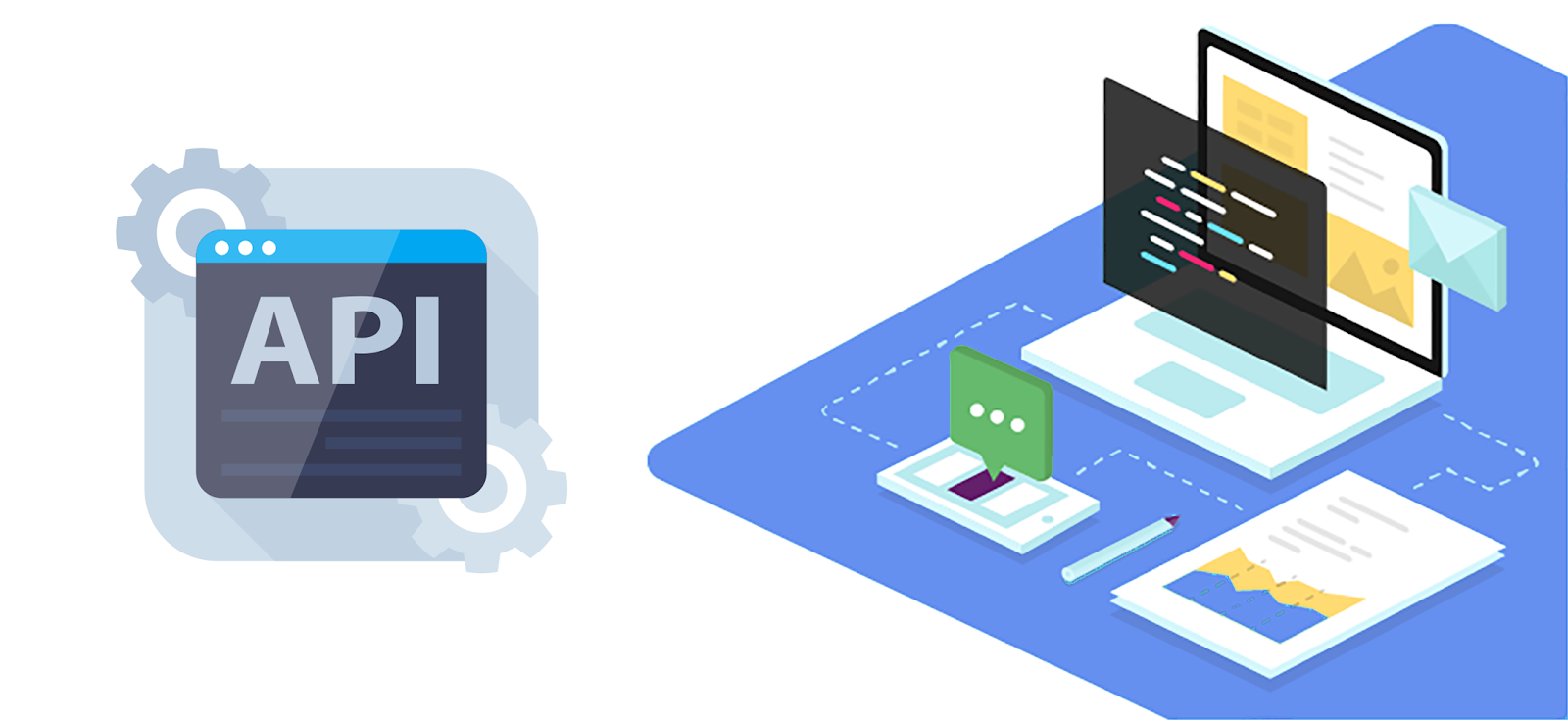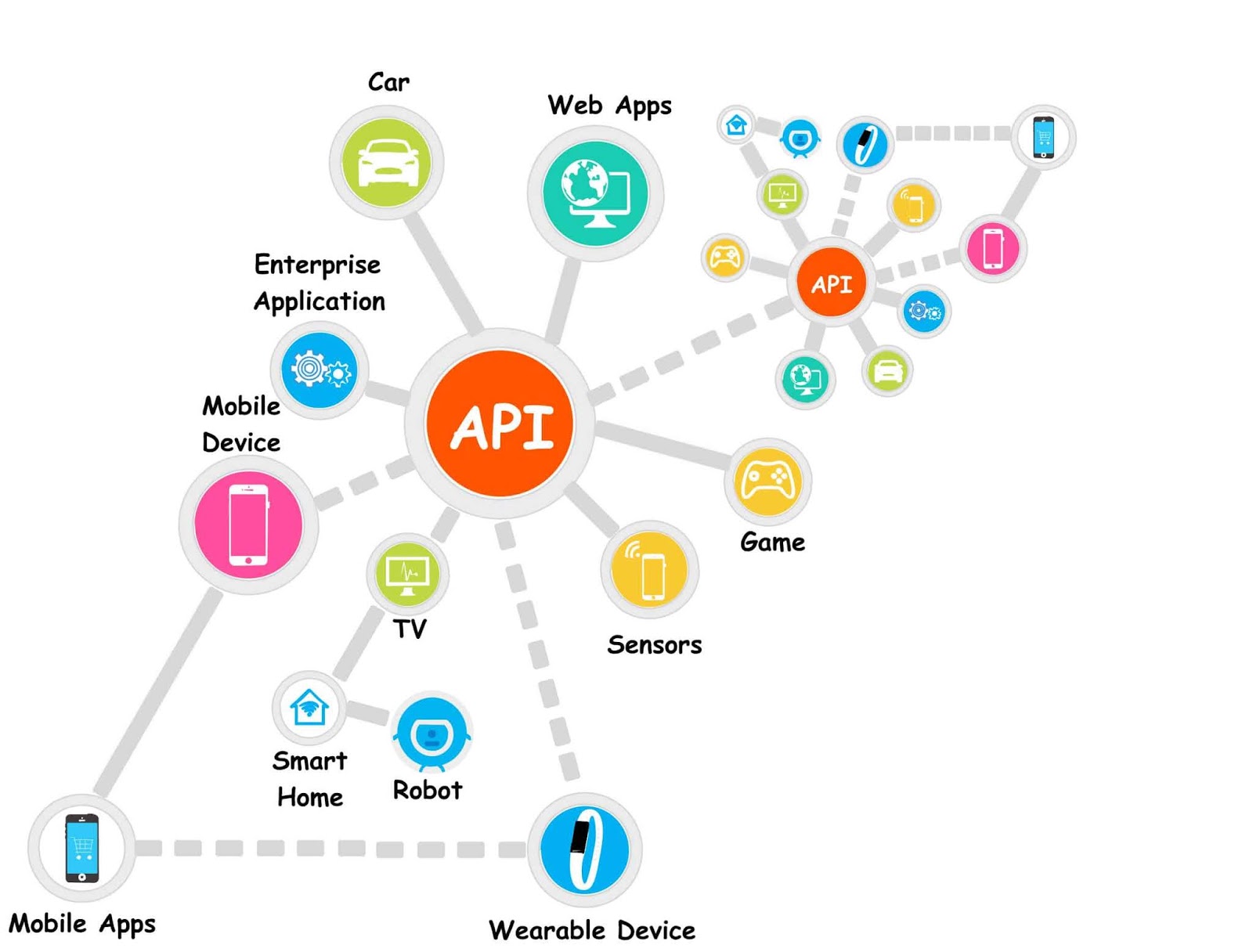Benefits of API Integration: API (Application Programming Interface) integration refers to the process of allowing different software applications to communicate and share data with each other. This integration provides numerous benefits, contributing to enhanced functionality, efficiency, and overall performance. Here are some key advantages of API integration:
- Enhanced Functionality:
- APIs allow for the integration of additional features and services into existing applications, thereby enhancing their overall functionality. This enables developers to leverage external capabilities without having to build everything from scratch.
- Efficiency and Automation
- API integration streamlines workflows by automating data transfer and communication between different systems. This reduces manual efforts, minimizes errors, and increases overall efficiency in business processes. The First & most important benefit of API Integration is automation. With the advent of technology, everybody is looking for automation of the regular processes to achieve a smooth flow. The main motive behind this is the need for a computer to take over the processes rather than humans. Well through API these agencies can carry out there workflow in a quicker, better and more productive manner
- Real-time Data Sync:
- APIs enable real-time data synchronization between connected applications. This ensures that the information in one system is always up-to-date and consistent with the data in other integrated systems.
- Improved User Experience:
- Integrating APIs can lead to a better user experience by providing seamless access to additional features and services. For example, users can log in with their social media accounts, reducing the need for separate credentials.
- Cost Savings:
- API integration allows organizations to leverage existing services and functionalities rather than building everything in-house. This can result in cost savings by reducing development time, effort, and resources.
- Scalability:
- API integration supports scalability by allowing businesses to add new functionalities or services as needed without disrupting existing systems. This is particularly important for growing businesses that need to adapt to changing requirements.
- Business Innovation:
- APIs enable innovation by facilitating the development of new applications that can leverage existing services and data. This promotes creativity and the rapid deployment of new solutions.
- Competitive Advantage:
- Organizations that effectively integrate APIs can gain a competitive edge by being more agile and responsive to market demands. They can quickly adopt new technologies and services, staying ahead of competitors.
- Cross-platform Compatibility:
- APIs enable applications to work seamlessly across different platforms and devices. This is crucial in today’s multi-device and multi-platform environment, ensuring a consistent user experience regardless of the device being used.
- Data Security:
- API integration allows for controlled and secure access to data. By defining specific access levels and permissions, organizations can ensure that sensitive information is protected, and only authorized parties have access.
- Ecosystem Connectivity:
- APIs facilitate the creation of a connected ecosystem where different applications and services can work together harmoniously. This interconnectedness supports collaboration and data sharing across various systems.

API Integration is one of the key technologies is the current scenario. We have discussed what an API is. What is API Integration? Now let us look in detail at the Benefits of API Integration.
Enhanced Functionality: Benefits of API Integration
API integration significantly enhances the functionalities of software applications by enabling seamless connections with external services, features, or data sources. Through the integration of third-party services like payment gateways, mapping services, and social media platforms, applications can expand their capabilities without the need for in-house development. Additionally, APIs facilitate data enrichment by integrating with external services that provide supplementary information, such as real-time weather data.
E-commerce applications benefit from API integration with payment gateways, ensuring secure and efficient transaction processing. Social media integration via APIs enhances user engagement through features like social login, sharing, and posting. Geolocation APIs enable applications to incorporate location-based services, beneficial for industries like transportation and logistics. Communication and messaging APIs, such as Twilio, empower applications to integrate communication features like notifications and in-app messaging.
Cloud service APIs contribute to enhanced performance, scalability, and storage capabilities by leveraging cloud infrastructure. Authentication and authorization APIs secure user access controls, protecting sensitive data. Business intelligence integration via APIs allows applications to incorporate advanced reporting and analytics features, generating valuable insights. Workflow automation APIs streamline business processes, reducing manual efforts. Machine learning and AI APIs empower applications with advanced capabilities like natural language processing and predictive analytics. Collaboration tools integration via APIs enhances communication and collaboration features, especially useful for team-based or enterprise applications. Inventory and supply chain APIs contribute to features related to inventory tracking, order fulfillment, and supply chain optimization. In summary, API integration plays a pivotal role in extending and enriching the functionalities of applications, creating a more feature-rich and versatile user experience.
Automation: Benefits of API Integration

Application

New Data Availability
Personalization:
Adaptation:
Remaining Relevant
Creating New Products : Benefits of API Integration
Efficiency
Bridging the Gap
